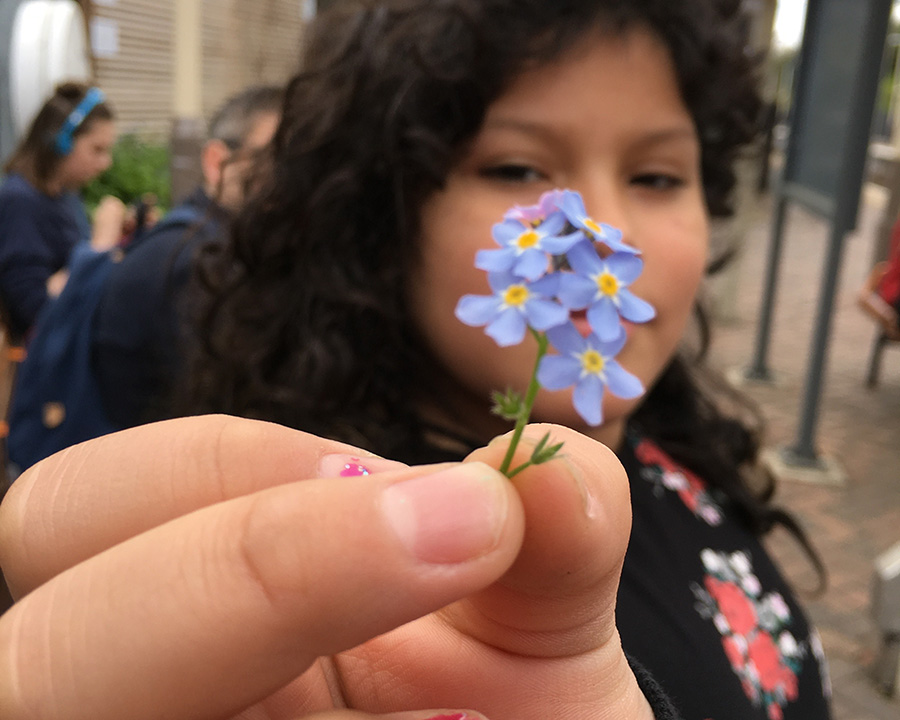As a clinical social worker, my understanding of healing and therapy has evolved over my career. I regularly search for techniques that most effectively assist clients with the challenges they most struggle with ranging from trauma and grief to self-esteem and relationship anxiety.
The book The Body Keeps the Score inspired me to learn its recommended methods.
The specialized interventions evolving from the trauma field specifically delve into the neurology of trauma and how it is held in the body. They are used for major trauma, such as sexual abuse, physical abuse, and violent experiences. These interventions also effectively treat the “small t” traumas referred to as developmental trauma. These include major life disappointments, humiliations, and painful experiences that are a part of people’s lives.
Techniques & Interventions
Work with Me
Sessions are held in my Brooklyn Heights office or virtually throughout New York, New Jersey, and Vermont.
I offer long or short-term therapy with flexible scheduling as needed. Sessions are in-person and/or online.
I offer groups throughout the year for grief and anxiety, with special groups for motherless daughters and therapeutic writing.
I use IFS parts work, EMDR, somatic, and CBT approaches as well as traditional supportive psychotherapy.



